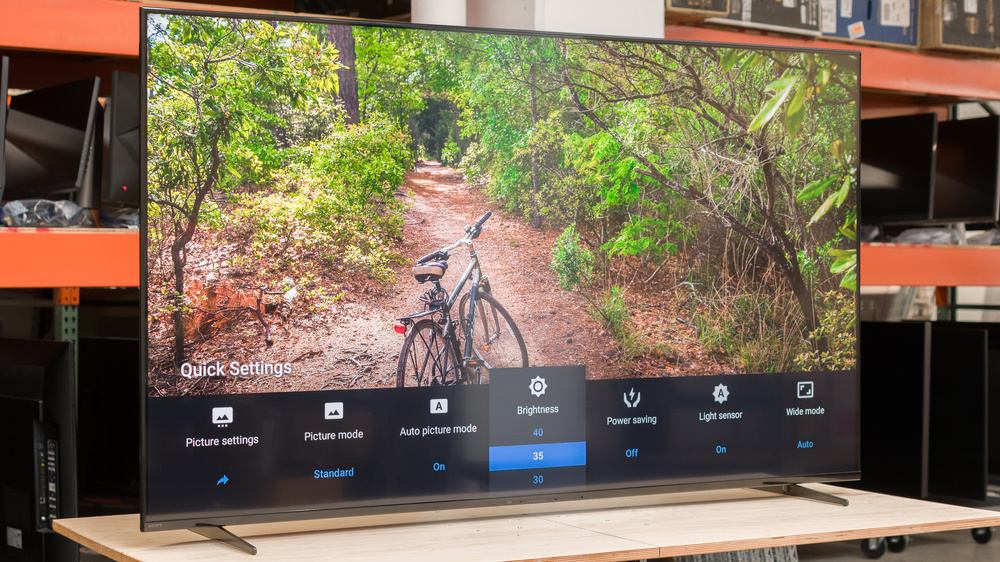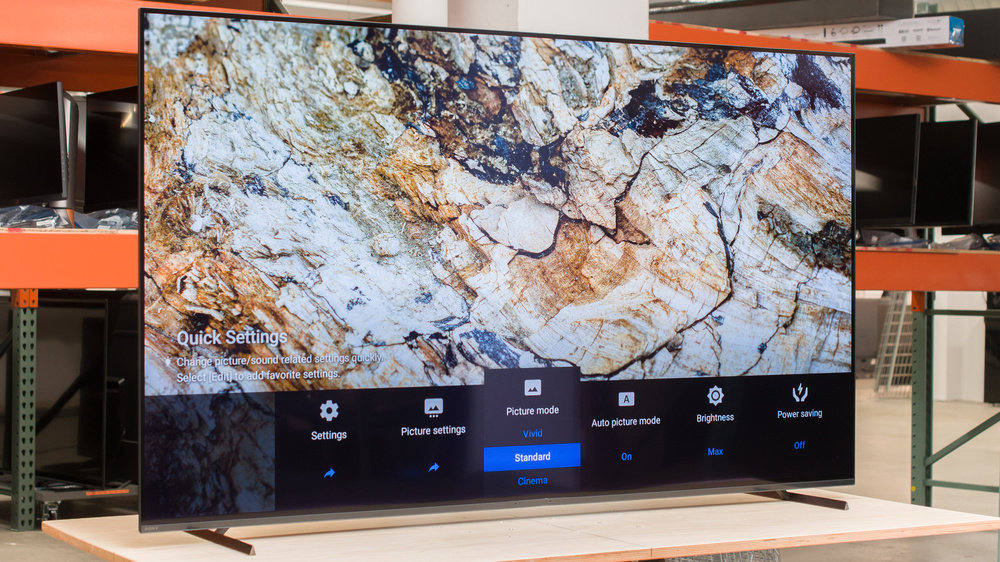LG uses WBGR (white-blue-green-red) OLED panels, where there's a white subpixel added to each subpixel cluster (which are arranged in rows) to help improve brightness. This can result in reduced saturation as the extra white light used to brighten the pixel also washes it out. The subpixels are essentially an emissive filtering layer over a white OLED light source. I'm not 100% sure on the exact structure but that should be roughly how they work. Sony was using LG panels for a while. They use Samsung panels now, which are QD-OLED panels which have a triangular RGB subpixel configuration, and use a blue OLED light source. QD tech on LED TVs is a filtering layer that cuts out some of the traditional LCD layers to allow more light through, resulting in brighter and more accurate colors. On QD-OLED the structure is very similar to a white oled panel except the QD layer is the filter over the light source, which is blue. This results in more saturated colors, and a wider color gamut. Note that this is not the same as a blue OLED that you may have read of, which refers to a panel using phosphorescent blue instead of fluorescent blue. Fluorescent blue lasts longer but is very inefficent. If lifespan of phosphorescent blue can be suitably extended it may provide good enough efficiency to get to higher resolution panels on a larger scale than we currently have. Sidenote: forgot to mention before that 8k TVs have largely been dropped or the lineup significantly reduced by most manufacturers for 2023, purportedly due to new EU energy use requirements.
The subpixel structure may affect how well the panel can display text without artifacts. Text rendering is handled primarily by the OS, which expects a horizontal RGB subpixel layout when figuring subpixel rendering of text. Not sure why there aren't magic fixes for this in GPU drivers to address common subpixel structures (maybe there are?), or how feasible that would even be.
Black should be true black on both but in a bright room there may be potential for light scattering on the surface layer of a QD-OLED to give the appearance of a grayish black. There is less black crush (loss of shadow detail) on QD-OLED due the lack of the white subpixel. Use of the white subpixel creates overshoot in certain situations that can commonly manifest as flickering. Mitigation methods to address that, such as dithering, can cause black crush.
HDR10+ is a free (no license fees) dynamic metadata competitor to Dolby Vision (proprietary) and is part of the HDMI standard. Dolby Vision popped up first though. I think only some content on Amazon Prime uses HDR10+. Dolby Vision content is pretty widespread on streaming services and physical media.
I have read a few reddit threads where Samsung firmware updates broke or negatively affected certain features like VRR or HDR, or changing peak brightness. Haven't looked into it much so I can't say for sure. Don't want to scare you off of them, just recommend doing some research if you're leaning towards one. General recommendation is to turn off automatic updates if you can. Since you aren't interested in the built-in software you could keep it disconnected from the internet and only update once you feel comfortable with reports on the update.
LG G2 OLED (step above the C2, sorry I was looking at the wrong one) is currently $2,000. LG C2 OLED is $1,700. The Samsung S95B is currently $1,800. Those are straight from the manufacturers, and from Best Buy.




